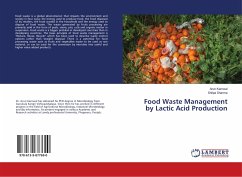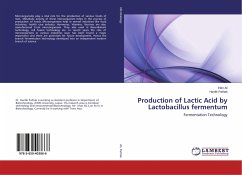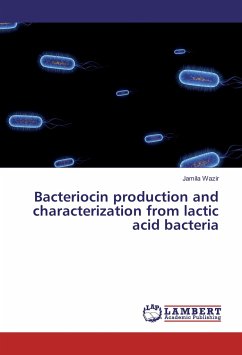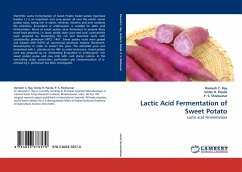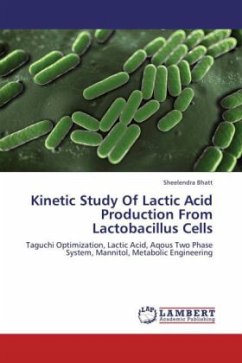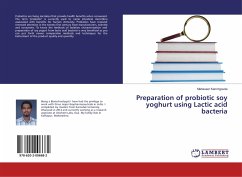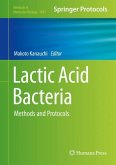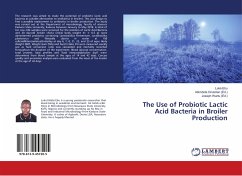Food waste is a global phenomenon that impacts the environment and society in four ways: the energy used to produce food, the food disposed of by retailers, the food wasted in the household and the energy used to dispose of food waste. The waste generated by fruits processing are primarily solid in the form of peels, stems, pits, culls and organic matter in suspension. Food waste is a bigger problem in developed countries than in developing countries. The basic principle of food waste management is "Reduce, Reuse, Recycle" which has been used to describe waste control options rather than straight disposal. There is a potential for food processing waste such as fruits and vegetables waste to be used as raw material, or can be used for the conversion by microbes into useful and higher value added products.

